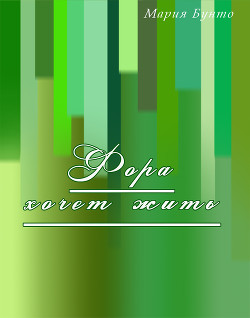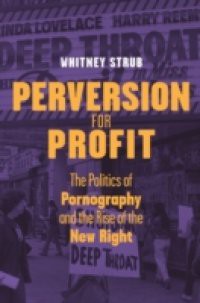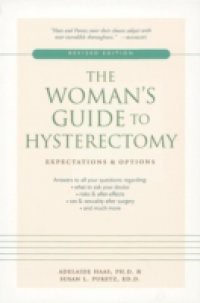This fascinating work is the first overview of its subject to be published in over half a century. The issues it deals with are key to early modern political, religious and cultural history.The seventeenth century is traditionally regarded as a period of expanding and extended liberalism, when superstition and received truth were overthrown. The book questions how far England moved towards becoming a liberal society at that time and whether or not the end of the century crowned a period of progress, or if one set of intolerant orthodoxies had simply been replaced by another.The book examines what toleration means now and meant then, explaining why some early modern thinkers supported persecution and how a growing number came to advocate toleration. Introduced with a survey of concepts and theory, the book then studies the practice of toleration at the time of Elizabeth I and the Stuarts, the Puritan Revolution and the Restoration. The seventeenth century emerges as a turning point after which, for the first time, a good Christian society also had to be a tolerant one. Persecution and Toleration is a critical addition to the study of early modern Britain and to religious and political history.





 9.29 (7)
9.29 (7) 










